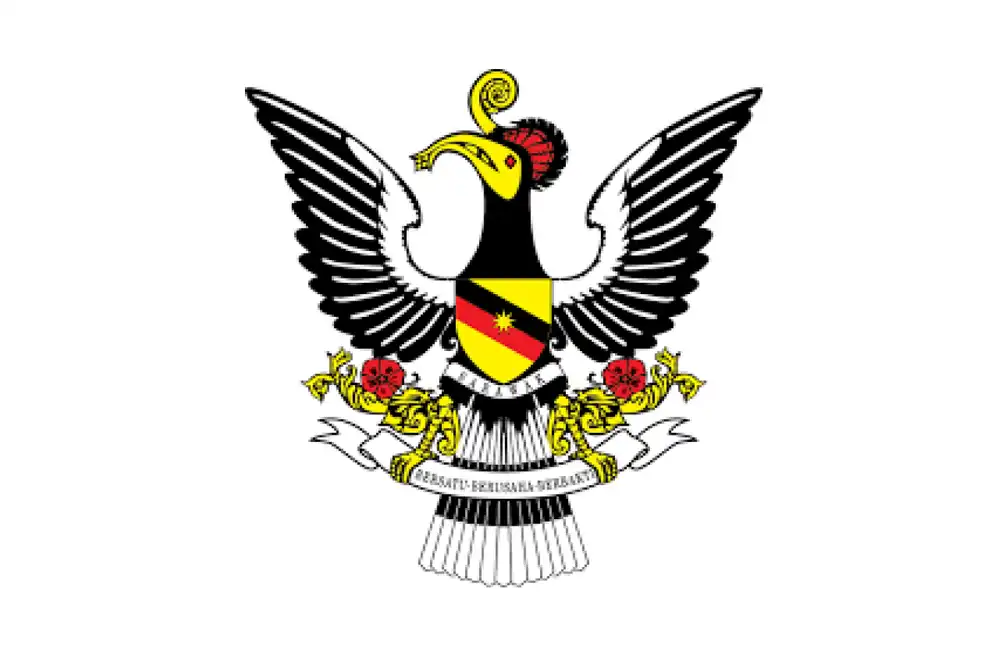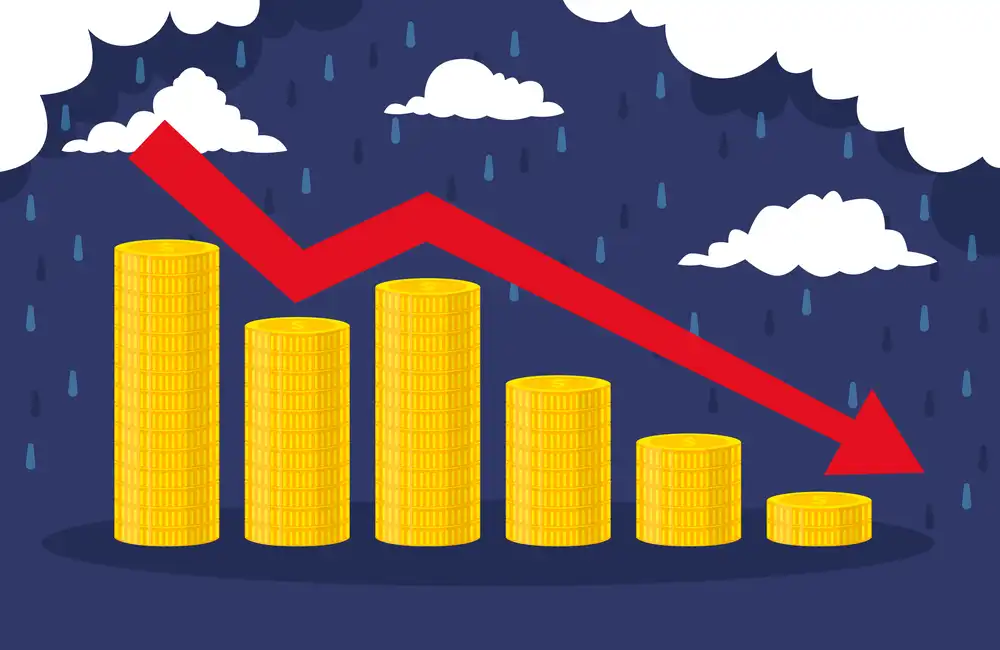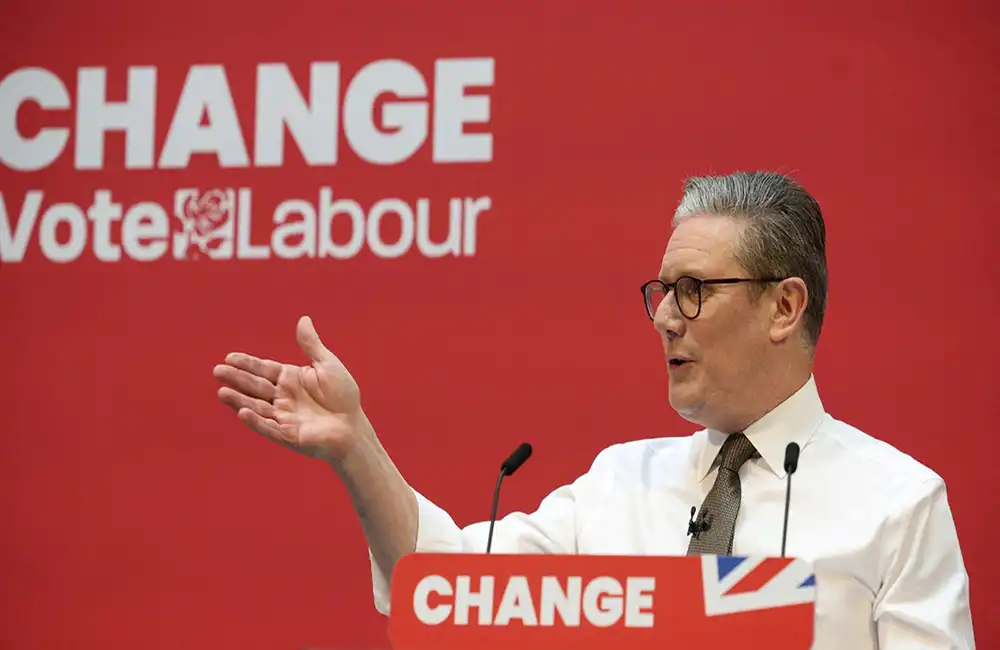Despite significant advances earlier this year the UK now stands on the brink of facing fresh hurdles in its battle against inflation.
Inflation decreased to 2.8% in February 2025 but is expected to climb to 3.75% during the third quarter with a peak in July. The expected inflation rise results from higher energy costs along with regulated price adjustments and persistent global uncertainties. This section presents a comprehensive evaluation of inflation dynamics along with their wide-ranging effects.
Current Inflation Trends
The UK achieved a significant inflation rate reduction to 2.8% in February 2025 after enduring multiple years of double-digit inflation rates. Factors underpinning this decrease include:
- Stabilising Energy Prices: The drop in worldwide energy prices during the last part of 2024 provided short-term financial relief to businesses and households.
- Supply Chain Recovery: The resolution of delays and better supply chain efficiencies enabled companies to lower their production costs.
- Tighter Monetary Policy: The Bank of England's deliberate interest rate increases in 2024 successfully curbed consumption and reduced inflationary pressure.
Economists warned that while the declining trend represented progress, the continuing external pressures would make maintaining these levels challenging.
Inflation Set to Rise Again
The Bank of England predicts inflation will climb to 3.75% in Q3 2025, reaching its peak in July. The anticipated increase demonstrates ongoing inflationary patterns within specific sectors which may reverse earlier year advancements.
Drivers of Inflation
Several key factors will be responsible for this expected upward movement in inflation rates:
- Higher Energy Costs - Global energy prices continue to stay high above historical levels even though they experienced temporary reductions during 2024. Prices have experienced upward pressure due to rising geopolitical tensions along with shifts in supply-demand relationships.
- Regulated Price Adjustments - Projections indicate that price increases regulated by authorities will play a major role in driving inflation, including higher household utility bills, public transport fares, and water rates.
- Global Economic Uncertainties - The UK faces risks from global issues including trade disputes along with unstable commodity prices and geopolitical conflicts.
Bank of England’s Response
The Bank of England maintains a conservative approach to monetary policy in response to the current evolving economic conditions. The Bank maintains its interest rate at 4.5% as part of its strategy to manage inflation while sustaining economic stability.
Inflation Target and Medium-Term Outlook
The Bank of England still aims for a 2% inflation target which requires many years before attainment. According to present forecasts, inflation will likely return to its 2% target only by the end of 2027 since both worldwide and local economic circumstances will stabilise at a gradual pace. Businesses together with households should prepare for sustained higher prices in the near future.
Economic Implications
The inflation increase will produce measurable effects across multiple sectors of the UK economy.
- Household Budgets - Low- and middle-income families will face diminished disposable income as higher utility bills and transport costs take their toll.
- Business Costs - The rise in operating costs particularly affecting energy-dependent industries will result in an increase in final product prices.
- Overall Growth - The UK economy showed resilience during early 2025 although extended inflationary pressures might weaken growth potential by discouraging consumption and investment activities.
Policy Considerations
Policymakers together with stakeholders need to join forces to deliver supportive actions which will counteract these inflationary difficulties:
- Government Support Schemes - The expansion of aid programs for vulnerable families through measures like energy bill subsidies and transport discounts assists in reducing immediate financial burden.
- Infrastructure Investment - Investing faster in renewable energy can lessen the reliance on unstable imported energy sources.
- Trade Partnerships - The establishment of strong global trade partnerships can secure essential commodity supplies and alleviate the danger posed by geopolitical conflicts.
- Education on Efficiency - Efficiency improvement campaigns for homes and businesses help lower both energy use and financial burdens.
Looking Ahead
The anticipated inflation increase demonstrates the delicate equilibrium between economic resurgence and ongoing price stability challenges. Mid-year developments reveal that despite progress in inflation control we must remain vigilant and adaptable through strategic measures. Joint work between the Bank of England and governmental agencies together with businesses will be essential during this difficult time.
Businesses must prioritise understanding market trends and develop strategies to prepare for inflation effects. Businesses that engage in cost-optimisation strategies or build resilient supply chains now will secure their preparedness for future economic conditions.




















